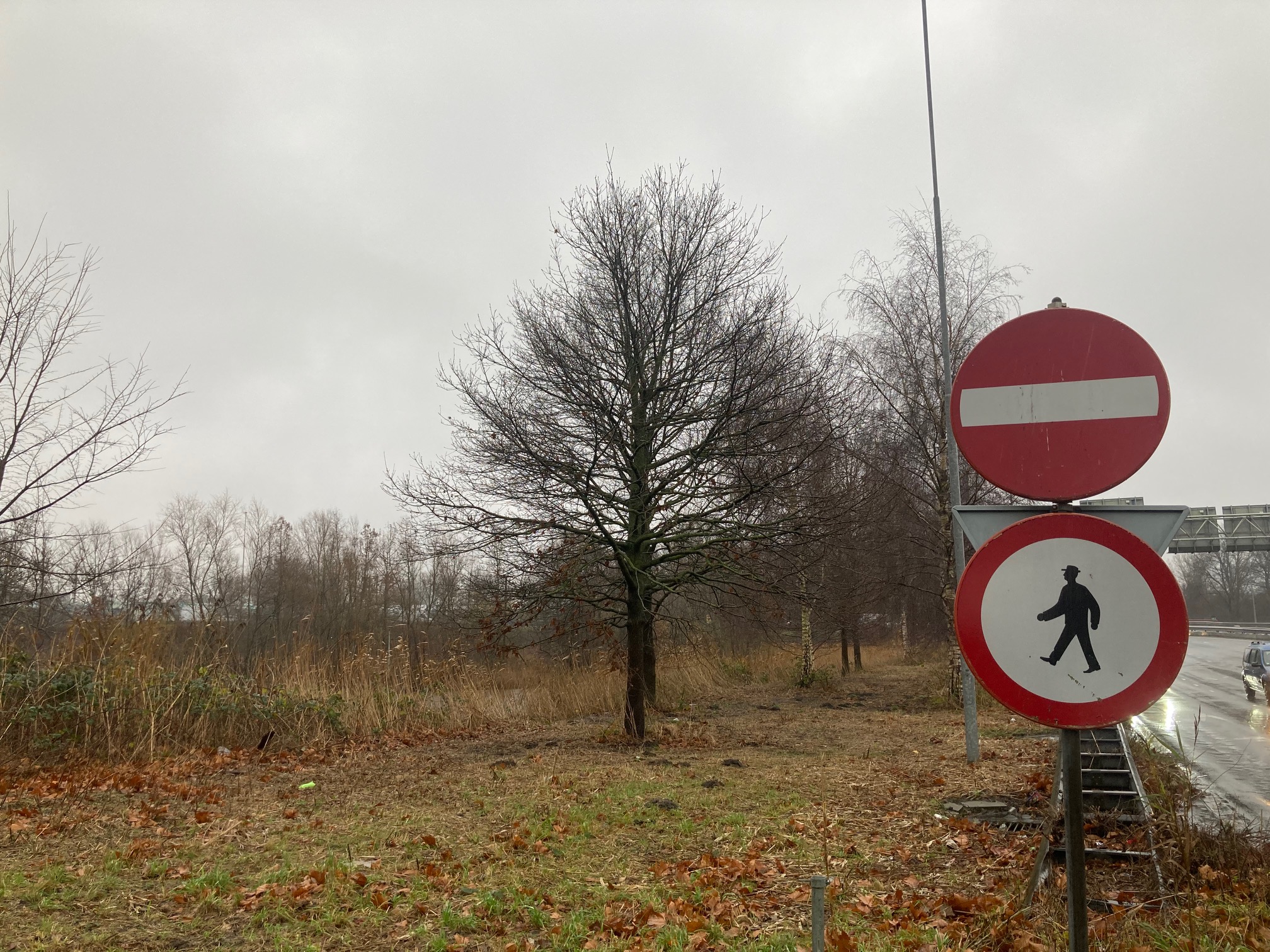Many questions still surround Amsterdam’s erotic centre plans
Robin Pascoe
Amsterdam mayor Femke Halsema has said she is still not sure how brothel owners will be bought out and if the city will pick up the bill if the new erotic centre opens in several years’ time.
On Monday city officials announced that an area of land in Zuid between the A10 ring road and the Buitenveldert slip road is the best location for the centre, which will be built and run with private money.
Hotels on the other side of the Europaboulevard have already expressed their objections to the plan and Halsema has described it as the “least bad” place to build the complex.
“It is not a residential area, locals live some distance away,” she told local broadcaster AT5. “It is also a socially strong neighbourhood and easy to reach by car and public transport. And we considered that to be important too.”
It is now up to the city council to approve the location, after which locals will be involved in making decisions about many aspects of the project. The council will also have to vote on the idea twice more. “It will take years before we can start building,” she said.
The “erotic centre” has been made necessary by over-tourism in the city centre which has created an impossible living environment for locals, the mayor told AT5.
“People representing sex workers say that it has always been that way. But the old Wallen, where the queer community and prostitution had their own roles, where Amsterdammers came and went to bars, no longer exists,” she said. “It has become a monoculture, known internationally as the Red Light District, which attracts hoards of partying tourists.”
Crime
Establishing the centre is also aimed at boosting the safety of sex workers, and at reducing the involvement of crime, she said.
Halsema said she did not know how many brothel owners would voluntarily swap their windows for space in the centre. “I realise that a lot is still unclear. But it is a careful and gradual process. First, the council has to agree on the location. Then we can talk to commercial companies to see if they are interested and if they meet the licencing requirements. And then talks will start with sex workers and brothel owners.”
Thirteen organisations, including some big players, have said they would be interested in the location, she said.
The mayor said as yet she had no overview of the likely costs and how much the city could have to put into a special fund to buy out existing brothels.
“I don’t know,” she said. “ I understand that people want to know and in the first quarter of next year [council executive Sofyan] Mbarki will publish different scenarios for the fund to buy up buildings. But this is not just about sex work. The council has been trying for years to buy buildings and break through the monoculture.”
Fifteen years ago former city executive Lodewijk Asscher launched the 1012 project to try to rid the area of crime and human trafficking. The bill then was around €100 million.
Buy-outs
In 2022, for example, the city council bought nine buildings in the red light district from tourist company Tours & Tickets after negotiations lasting over a year. The buildings are now being run by the council’s property agency NV Zeedijk, a non-profit company.
Tours & Tickets parent company sold the properties for the market price, put at over €20m by the paper.
In 2017, the council imposed a ban on new souvenir and fast food shops and has also changed zoning laws to halt the development of new tourist shops and sex outlets in buildings with a dual function.
NV Zeedijk was set up in the 1980s to breathe new life into the Zeedijk, a street that had become synonymous with crime and hard drugs.
Thank you for donating to DutchNews.nl.
We could not provide the Dutch News service, and keep it free of charge, without the generous support of our readers. Your donations allow us to report on issues you tell us matter, and provide you with a summary of the most important Dutch news each day.
Make a donation